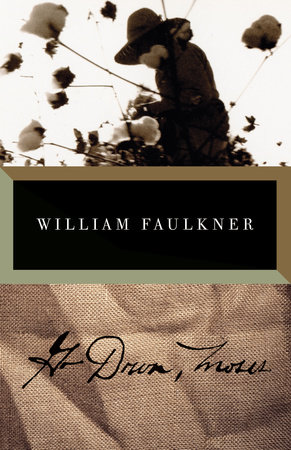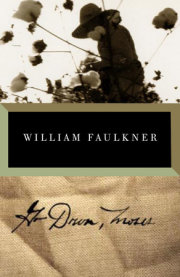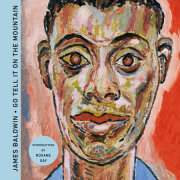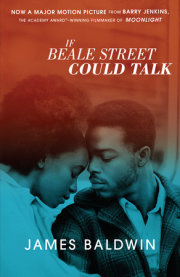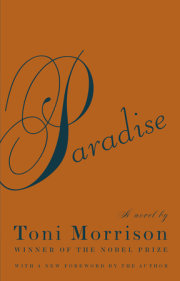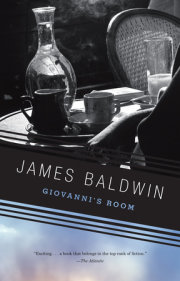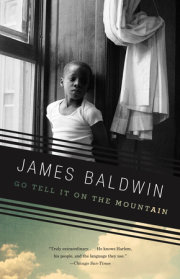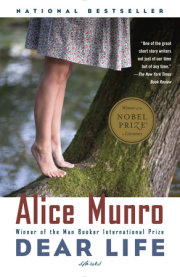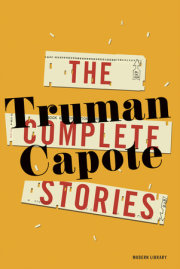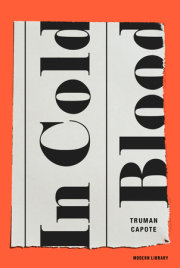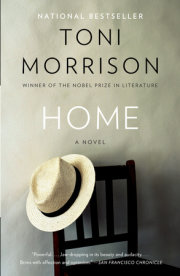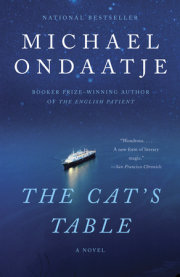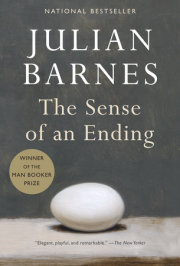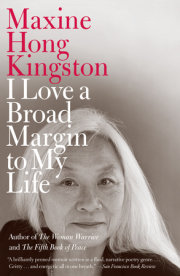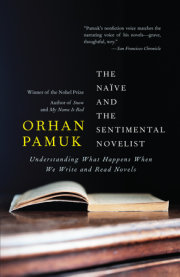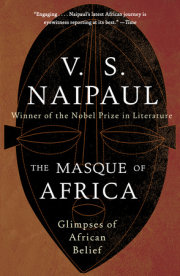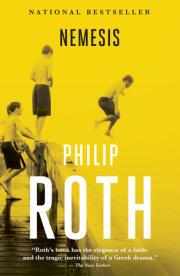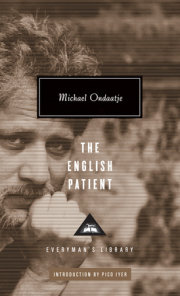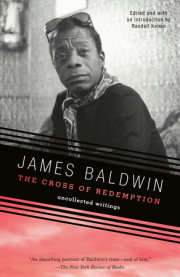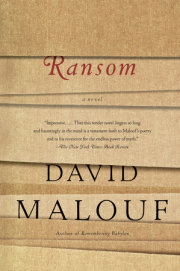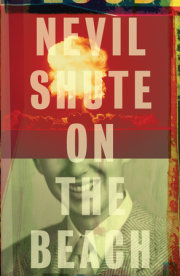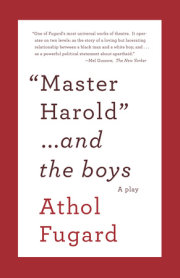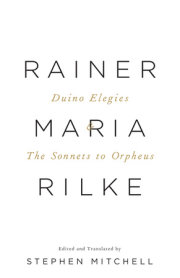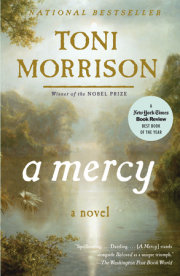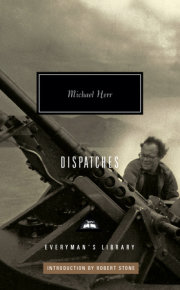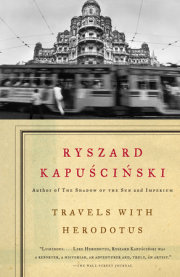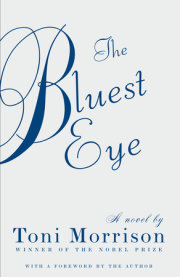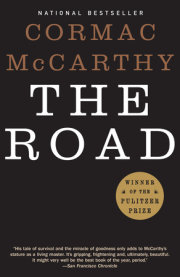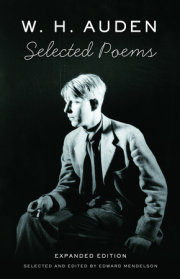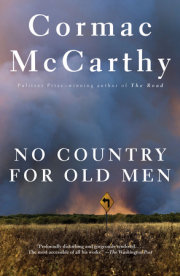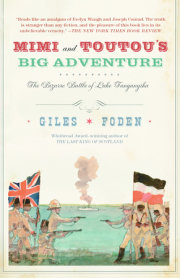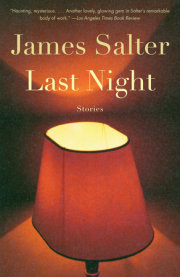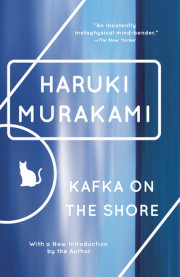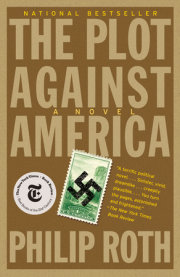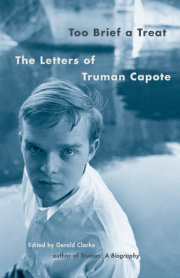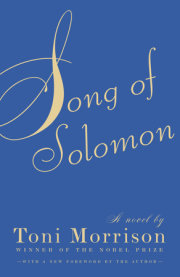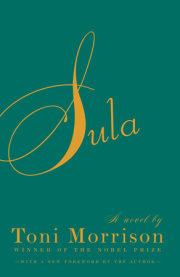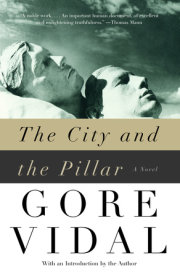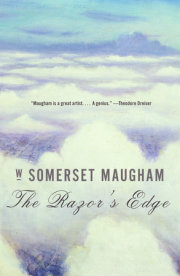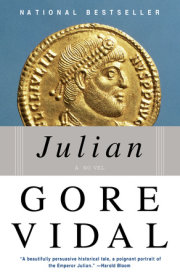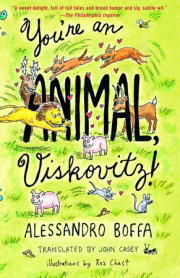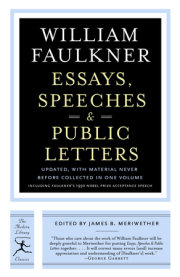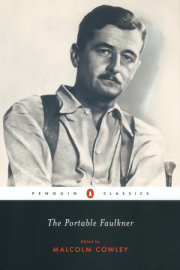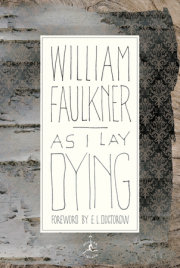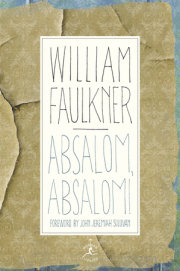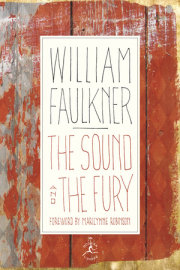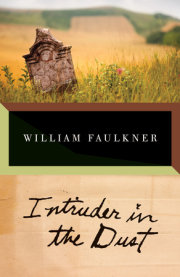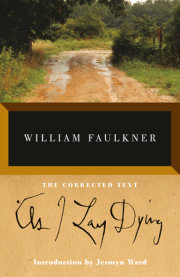Was
1
Isaac McCaslin, 'Uncle Ike', past seventy and nearer eighty than he ever corroborated anymore, a widower now and uncle to half a county and father to no one.
this was not something participated in or even seen by himself, but by his elder cousin, McCaslin Edmonds, grandson of Isaac's father's sister and so descended by the distaff, yet notwithstanding the inheritor, and in his time the bequestor, of that which some had thought then and some still thought should have been Isaac's, since his was the name in which the title to the land had first been granted from the Indian patent and which some of the descendants of his father's slaves still bore in the land. But Isaac was not one of these:-a widower these twenty years, who in all his life had owned but one object more than he could wear and carry in his pockets and his hands at one time, and this was the narrow iron cot and the stained lean mattress which he used camping in the woods for deer and bear or for fishing or simply because he loved the woods; who owned no property and never desired to since the earth was no man's but all men's, as light and air and weather were; who lived still in the cheap frame bungalow in Jefferson which his wife's father gave them on their marriage and which his wife had willed to him at her death and which he had pretended to accept, acquiesce to, to humor her, ease her going but which was not his, will or not, chancery dying wishes mortmain possession or whatever, himself merely holding it for his wife's sister and her children who had lived in it with him since his wife's death, holding himself welcome to live in one room of it as he had during his wife's time or she during her time or the sister-in-law and her children during the rest of his and after
not something he had participated in or even remembered except from the hearing, the listening, come to him through and from his cousin McCaslin born in 1850 and sixteen years his senior and hence, his own father being near seventy when Isaac, an only child, was born, rather his brother than cousin and rather his father than either, out of the old time, the old days
2
When he and Uncle Buck ran back to the house from discovering that Tomey's Turl had run again, they heard Uncle Buddy cursing and bellowing in the kitchen, then the fox and the dogs came out of the kitchen and crossed the hall into the dogs' room and they heard them run through the dogs' room into his and Uncle Buck's room then they saw them cross the hall again into Uncle Buddy's room and heard them run through Uncle Buddy's room into the kitchen again and this time it sounded like the whole kitchen chimney had come down and Uncle Buddy bellowing like a steamboat blowing and this time the fox and the dogs and five or six sticks of firewood all came out of the kitchen together with Uncle Buddy in the middle of them hitting at everything in sight with another stick. It was a good race.
When he and Uncle Buck ran into their room to get Uncle Buck's necktie, the fox had treed behind the clock on the mantel. Uncle Buck got the necktie from the drawer and kicked the dogs off and lifted the fox down by the scruff of the neck and shoved it back into the crate under the bed and they went to the kitchen, where Uncle Buddy was picking the breakfast up out of the ashes and wiping it off with his apron. "What in damn's hell do you mean," he said. "Turning that damn fox out with the dogs all loose in the house?"
"Damn the fox," Uncle Buck said. "Tomey's Turl has broke out again. Give me and Cass some breakfast quick. We might just barely catch him before he gets there."
Because they knew exactly where Tomey's Turl had gone; he went there every time he could slip off, which was about twice a year. He was heading for Mr Hubert Beauchamp's place just over the edge of the next county, that Mr Hubert's sister, Miss Sophonsiba (Mr Hubert was a bachelor too, like Uncle Buck and Uncle Buddy) was still trying to make people call Warwick after the place in England that she said Mr Hubert was probably the true earl of only he never even had enough pride, not to mention energy, to take the trouble to establish his just rights. Tomey's Turl would go there to hang around Mr Hubert's girl, Tennie, until somebody came and got him. They couldn't keep him at home by buying Tennie from Mr Hubert because Uncle Buck said he and Uncle Buddy had so many niggers already that they could hardly walk around on their own land for them, and they couldn't sell Tomey's Turl to Mr Hubert because Mr Hubert said he not only wouldn't buy Tomey's Turl, he wouldn't have that damn white half-McCaslin on his place even as a free gift, not even if Uncle Buck and Uncle Buddy were to pay board and keep for him. And if somebody didn't go and get Tomey's Turl right away, Mr Hubert would fetch him back himself, bringing Miss Sophonsiba, and they would stay for a week or longer, Miss Sophonsiba living in Uncle Buddy's room and Uncle Buddy moved clean out of the house, sleeping in one of the cabins in the quarters where the niggers used to live in his great-grandfather's time until his great- grandfather died and Uncle Buck and Uncle Buddy moved all the niggers into the big house which his great-grandfather had not had time to finish, and not even doing the cooking while they were there and not even coming to the house anymore except to sit on the front gallery after supper, sitting in the darkness between Mr Hubert and Uncle Buck until after a while even Mr Hubert would give up telling how many more head of niggers and acres of land he would add to what he would give Miss Sophonsiba when she married, and go to bed. And one midnight last summer Uncle Buddy just happened by accident to be awake and hear Mr Hubert drive out of the lot and by the time he waked them and they got Miss Sophonsiba up and dressed and the team put to the wagon and caught Mr Hubert, it was almost daylight. So it was always he and Uncle Buck who went to fetch Tomey's Turl because Uncle Buddy never went anywhere, not even to town and not even to fetch Tomey's Turl from Mr Hubert's, even though they all knew that Uncle Buddy could have risked it ten times as much as Uncle Buck could have dared.
They ate breakfast fast. Uncle Buck put on his necktie while they were running toward the lot to catch the horses. The only time he wore the necktie was on Tomey's Turl's account and he hadn't even had it out of the drawer since that night last summer when Uncle Buddy had waked them in the dark and said, "Get up out of that bed and damn quick." Uncle Buddy didn't own a necktie at all; Uncle Buck said Uncle Buddy wouldn't take that chance even in a section like theirs, where ladies were so damn seldom thank God that a man could ride for days in a straight line without having to dodge a single one. His grandmother (she was Uncle Buck's and Uncle Buddy's sister; she had raised him following his mother's death. That was where he had got his christian name: McCaslin, Carothers McCaslin Edmonds) said that Uncle Buck and Uncle Buddy both used the necktie just as another way of daring people to say they looked like twins, because even at sixty they would still fight anyone who claimed he could not tell them apart; whereupon his father had answered that any man who ever played poker once with Uncle Buddy would never mistake him again for Uncle Buck or anybody else.
Jonas had the two horses saddled and waiting. Uncle Buck didn't mount a horse like he was any sixty years old either, lean and active as a cat, with his round, close-cropped white head and his hard little gray eyes and his white-stubbled jaw, his foot in the iron and the horse already moving, already running at the open gate when Uncle Buck came into the seat. He scrabbled up too, onto the shorter pony, before Jonas could boost him up, clapping the pony with his heels into its own stiff, short-coupled canter, out the gate after Uncle Buck, when Uncle Buddy (he hadn't even noticed him) stepped out from the gate and caught the bitt. "Watch him," Uncle Buddy said. "Watch Theophilus. The minute anything begins to look wrong, you ride to hell back here and get me. You hear?"
"Yes, sir," he said. "Lemme go now. I wont even ketch Uncle Buck, let alone Tomey's Turl--"
Uncle Buck was riding Black John, because if they could just catch sight of Tomey's Turl at least one mile from Mr Hubert's gate, Black John would ride him down in two minutes. So when they came out on the long flat about three miles from Mr Hubert's, sure enough, there was Tomey's Turl on the Jake mule about a mile ahead. Uncle Buck flung his arm out and back, reining in, crouched on the big horse, his little round head and his gnarled neck thrust forward like a cooter's. "Stole away!" he whispered. "You stay back where he wont see you and flush. I'll circle him through the woods and we will bay him at the creek ford."
He waited until Uncle Buck had vanished into the woods. Then he went on. But Tomey's Turl saw him. He closed in too fast; maybe he was afraid he wouldn't be there in time to see him when he treed. It was the best race he had ever seen. He had never seen old Jake go that fast, and nobody had ever known Tomey's Turl to go faster than his natural walk, even riding a mule. Uncle Buck whooped once from the woods, running on sight, then Black John came out of the trees, driv? ing, soupled out flat and level as a hawk, with Uncle Buck right up behind his ears now and yelling so that they looked exactly like a big black hawk with a sparrow riding it, across the field and over the ditch and across the next field, and he was running too; the mare went out before he even knew she was ready, and he was yelling too. Because, being a nigger, Tomey's Turl should have jumped down and run for it afoot as soon as he saw them. But he didn't; maybe Tomey's Turl had been running off from Uncle Buck for so long that he had even got used to running away like a white man would do it. And it was like he and old Jake had added Tomey's Turl's natural walking speed to the best that old Jake had ever done in his life, and it was just exactly enough to beat Uncle Buck to the ford. Because when he and the pony arrived, Black John was blown and lathered and Uncle Buck was down, leading him around in a circle to slow him down, and they could already hear Mr Hubert's dinner horn a mile away.
Only, for a while Tomey's Turl didn't seem to be at Mr Hubert's either. The boy was still sitting on the gate-post, blowing the horn- there was no gate there; just two posts and a nigger boy about his size sitting on one of them, blowing a fox-horn; this was what Miss Sophonsiba was still reminding people was named Warwick even when they had already known for a long time that's what she aimed to have it called, until when they wouldn't call it Warwick she wouldn't even seem to know what they were talking about and it would sound like she and Mr Hubert owned two separate plantations covering the same area of ground, one on top of the other. Mr Hubert was sitting in the spring- house with his boots off and his feet in the water, drinking a toddy. But nobody there had seen Tomey's Turl; for a time it looked like Mr Hubert couldn't even place who Uncle Buck was talking about. "Oh, that nigger," he said at last. "We'll find him after dinner."
Only it didn't seem like they were going to eat either. Mr Hubert and Uncle Buck had a toddy, then Mr Hubert finally sent to tell the boy on the gate-post he could quit blowing, and he and Uncle Buck had another toddy and Uncle Buck still saying, "I just want my nigger. Then we got to get on back toward home."
"After dinner," Mr Hubert said. "If we dont start him somewhere around the kitchen, we'll put the dogs on him. They'll find him if it's in the power of mortal Walker dogs to do it."
But at last a hand began waving a handkerchief or something white through the broken place in an upstairs shutter. They went to the house, crossing the back gallery, Mr Hubert warning them again, as he always did, to watch out for the rotted floor-board he hadn't got around to having fixed yet. Then they stood in the hall, until presently there was a jangling and swishing noise and they began to smell the perfume, and Miss Sophonsiba came down the stairs. Her hair was roached under a lace cap; she had on her Sunday dress and beads and a red ribbon around her throat and a little nigger girl carrying her fan and he stood quietly a little behind Uncle Buck, watching her lips until they opened and he could see the roan tooth. He had never known anyone before with a roan tooth and he remembered how one time his grandmother and his father were talking about Uncle Buddy and Uncle Buck and his grandmother said that Miss Sophonsiba had matured into a fine-looking woman once. Maybe she had. He didn't know. He wasn't but nine.
"Why, Mister Theophilus," she said. "And McCaslin," she said. She had never looked at him and she wasn't talking to him and he knew it, although he was prepared and balanced to drag his foot when Uncle Buck did. "Welcome to Warwick."
He and Uncle Buck dragged their foot. "I just come to get my nigger," Uncle Buck said. "Then we got to get on back home."
Then Miss Sophonsiba said something about a bumblebee, but he couldn't remember that. It was too fast and there was too much of it, the ear- rings and beads clashing and jingling like little trace chains on a toy mule trotting and the perfume stronger too, like the ear-rings and beads sprayed it out each time they moved and he watched the roan- colored tooth flick and glint between his lips; something about Uncle Buck was a bee sipping from flower to flower and not staying long anywhere and all that stored sweetness to be wasted on Uncle Buddy's desert air, calling Uncle Buddy Mister Amodeus like she called Uncle Buck Mister Theophilus, or maybe the honey was being stored up against the advent of a queen and who was the lucky queen and when? "Ma'am?" Uncle Buck said. Then Mr Hubert said:
Copyright © 1991 by William Faulkner. All rights reserved. No part of this excerpt may be reproduced or reprinted without permission in writing from the publisher.

